
The month of May is recognized nationwide as Older Americans Month.
This year, we consider the contributions of our seniors in a new light as we live through the COVID-19 pandemic.
There is great concern about the health and well-being of this generation right now. At Castle Senior Living, we believe in a shared responsibility to protect those who live in our communities. Our older population is trying valiantly to safely wait it out like the rest of us under lockdown, shelter-in-place or stay-at-home orders.
While it’s not recommended to casually visit our older relatives and friends right now, there are still many ways to show appreciation and concern for seniors during Older Americans Month:
- Stay in touch – Call the older relatives and friends that you know. If available, use virtual means such as FaceTime or Skype to connect so they can hear and see you. Allow seniors to lead the conversation. What do they want to talk about? Ask them to share their memories from the past. Compile their thoughts in a journal and give it to them as a keepsake when the pandemic has subsided.
- Provide assistance – Does your older relative or friend need medicine, groceries, or other necessary supplies? Arrange to pick up and drop off the items they need. Leave an extra homemade meal on a doorstep if someone lives alone. Look for the older people in your neighborhood who might not ask for help. Be sure to follow Castle Senior Living on social media to learn what you can do to provide support.
- Use your talents – Adults and children are sewing masks for healthcare facilities that serve older Americans. Families are sending artwork and letters to seniors. Tap into your creative side. Find ways to help spread joy.
This year’s theme for Older American’s Month is “Make your Mark.” It’s an appropriate mission at this time to make a difference for seniors and their caregivers. Join Castle Senior Living in strengthening our senior communities while we await better days ahead.

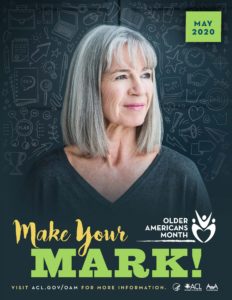
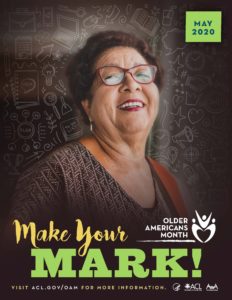
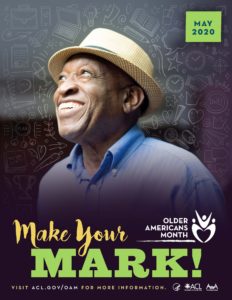





 A lifelong crafter, Helene always loved to work and stay active. These days, she hosts a craft session at Birchrock’s Independent Living twice a month. Helene doesn’t consider herself an artist, but the canvases on the walls of her apartment show otherwise.
A lifelong crafter, Helene always loved to work and stay active. These days, she hosts a craft session at Birchrock’s Independent Living twice a month. Helene doesn’t consider herself an artist, but the canvases on the walls of her apartment show otherwise.
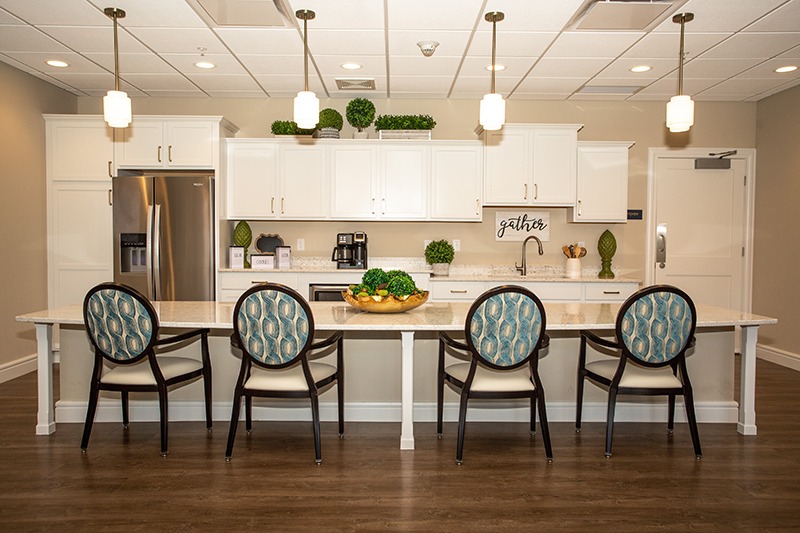
 We recently had the opportunity to sit down with Kris Kiefer, Vice President of Castle Senior Living, and ask him a few questions. Here is what he had to say.
We recently had the opportunity to sit down with Kris Kiefer, Vice President of Castle Senior Living, and ask him a few questions. Here is what he had to say.

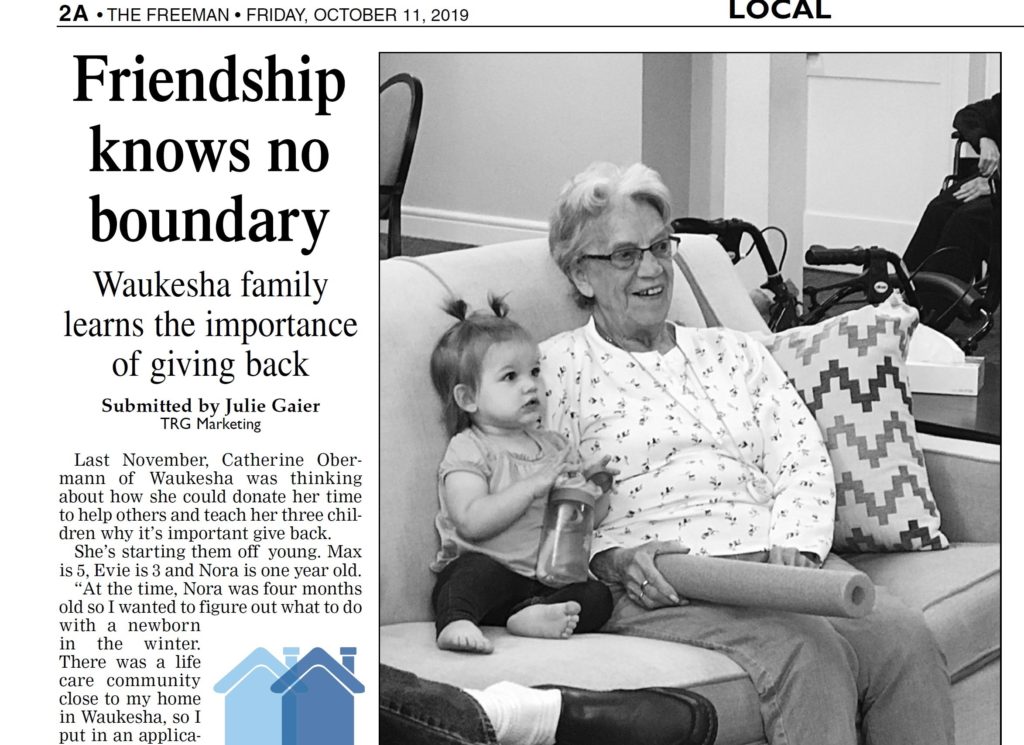
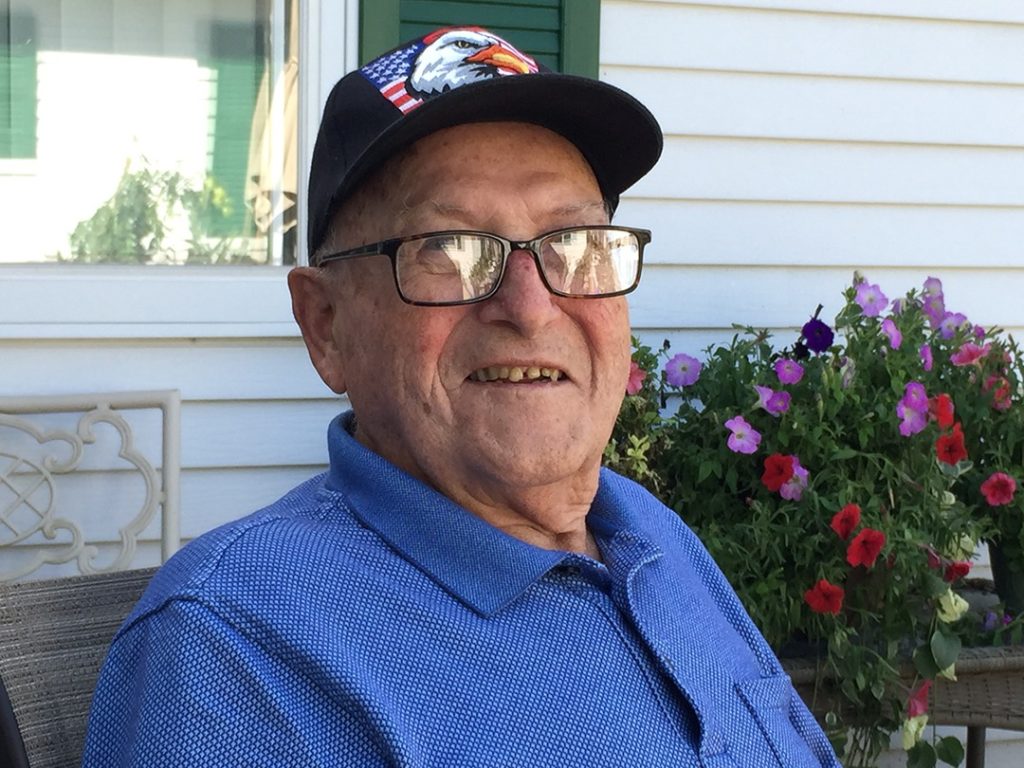
 This month, Dale Dent celebrates his one-year anniversary living at Birchrock Castle in Mukwonago.
This month, Dale Dent celebrates his one-year anniversary living at Birchrock Castle in Mukwonago. From three pots outside the door on the patio to gardens on at least a half-acre spread, Dale has produced all of his own vegetables and fruit trees everywhere he has lived.
From three pots outside the door on the patio to gardens on at least a half-acre spread, Dale has produced all of his own vegetables and fruit trees everywhere he has lived.